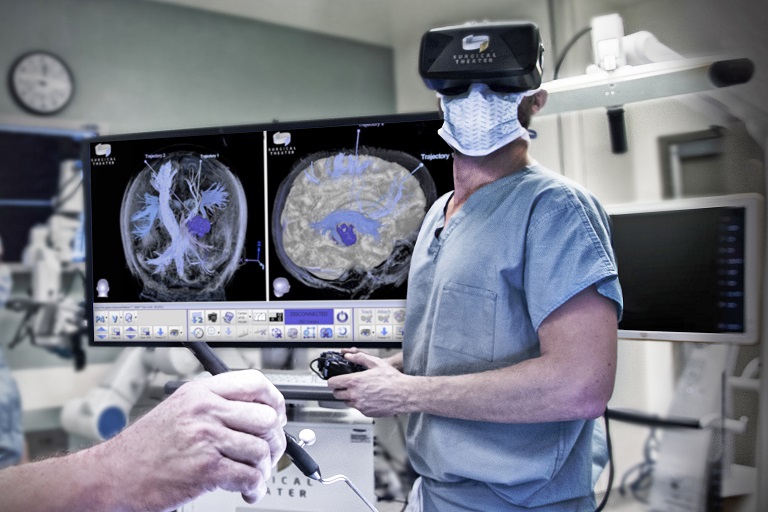Over the past few years, there have been a number of major advances in the medical industry. In addition to new diagnostic and treatment tools for dangerous diseases, technology has brought a number of other remarkable changes to the medical field. With numerous improvements taking place in the field of medicine, it is critical to take a look at how technology has improved the medical field. This technology has the potential to benefit the lives of doctors, nurses, patients, and administrators.
Medical Information Is Easily Accessible
When someone is suffering from questionable symptoms, it has almost become second-nature for people to immediately turn to the internet for answers. This is a great way for people to find answers when their doctor is not immediately available. This can also help someone avoid unnecessary doctor’s visits, allowing medical professionals to spend their time helping people who truly need it.
On the other hand, looking up symptoms online can also create unnecessary panic. The same set of symptoms can be found with a variety of different illnesses. Therefore, while technology is great for making medical information easily accessible, it is still important to rely on medical professionals for complete answers.
Healthcare Providers Have a Larger Presence on Social Media
Social media has become an integral part of many people’s lives. Now, social media is playing a role in the commercial world as well. Hospitals and clinics are using social media as an avenue to reach the public. While this acts as a form of marketing, social media platforms also allow people to easily reach out to healthcare professionals with questions and concerns. The general public can also provide feedback to medical organizations. The ability of healthcare organizations to disseminate information through social media platforms is one of the biggest ways that technology has improved the medical field.
Electronic Medical Records Are Widespread
Doctors used to keep track of all patient information on patient charts. Unfortunately, this also led to numerous problems when it came to record-keeping. First, physician handwriting is famous for being illegible. This makes it hard for doctors to read what happened during the last visit. Second, paper charts are also difficult to find without an organized filing system. Third, paper charts are not readily accessible to other hospitals. This makes it hard for doctors to learn about a patient’s medical history.
These frustrations led to the growth of electronic medical records (EMR). EMR systems represent the primary example of enterprise application development in the medical field. There are a number of large EMR platforms in the market today. Many hospitals use the same EMR system, allowing one physician to quickly learn about a patient who has visited other hospitals. EMR systems also allow doctors to enter orders electronically. This shortens the amount of time it takes for patients to receive life saving medications. Finally, because notes are written electronically, everyone is able to read them. Handwriting concerns are worries of the past.
There Are New Diagnostic and Treatment Options
Finally, new technology has led to better medicine. The past few decades have seen new treatments for dangerous diseases including diabetes, AIDS, and heart disease. Furthermore, there are new cancer treatments available for individuals and families who desperately need them.
Medical technology has also led to the growth of new diagnostic tools including three-dimensional CT scans and novel MRI applications. The end result is that medicine is saving more lives today than ever before. The scope of qualified physicians has increased, leading to faster and safer results. This is all thanks to improved medical technology.
Technology Is Dictating The Future
Technology has changed the way almost every industry operates. This includes the healthcare field. As technology continues to advance, there will be more diagnostic and treatment tools available to patients. It will be exciting to see how the medical field continues to apply the technological developments that are taking place in this important industry.






























